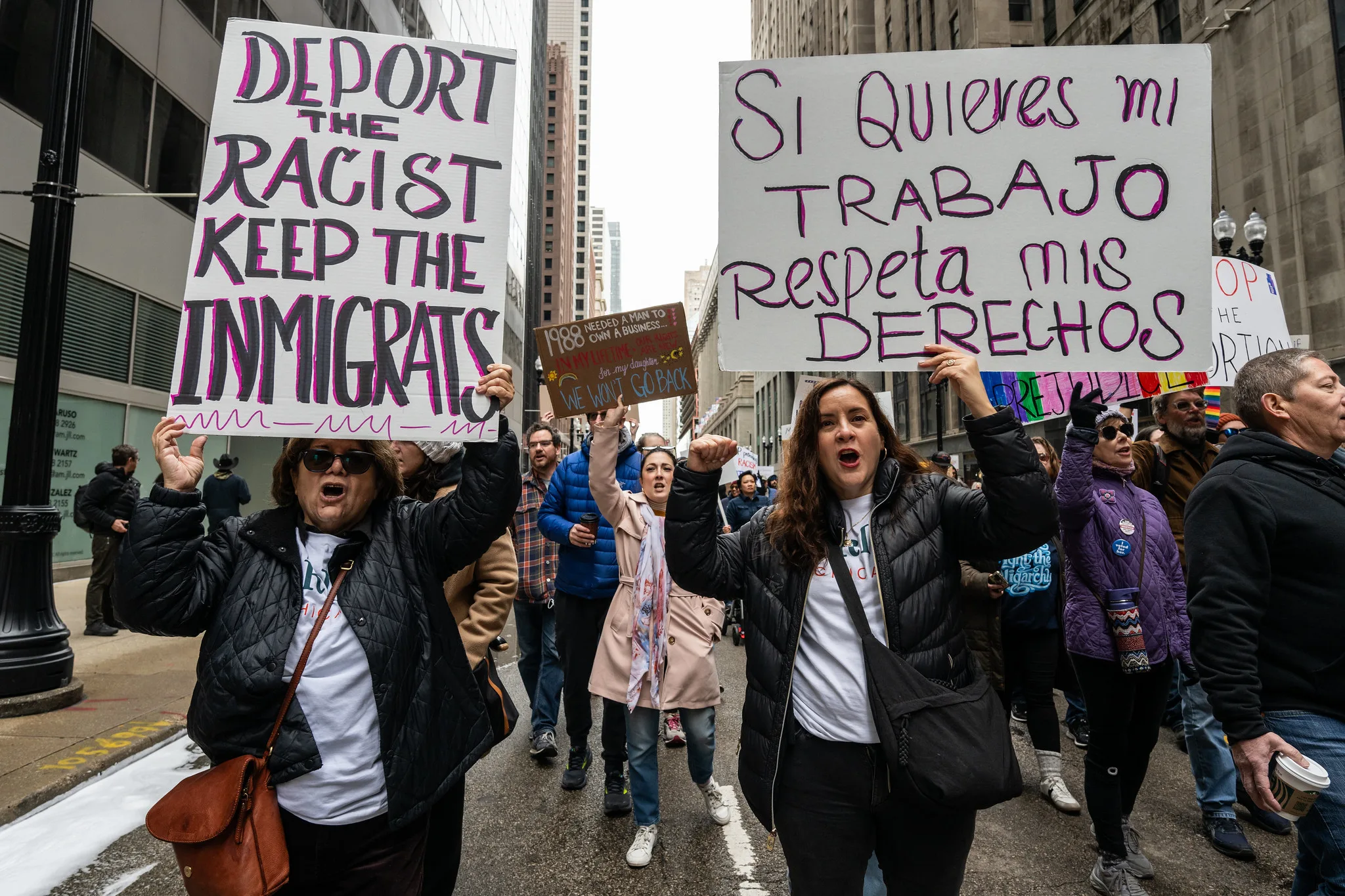In 2008, U.S. Citizenship and Immigration Services (USCIS) instituted the Controlled Application Review and Resolution Program (CARRP) for flagging and processing immigration cases that present “national security concerns” to “ensure that immigration benefits are not granted to individuals and organizations that pose a threat to national security.” According to a report from the American Civil Liberties Union, CARRP disproportionately targets Muslims and immigrants from the Arab, Middle Eastern, South Asian and Muslim communities. An applicant flagged in the CARRP program is effectively blacklisted from receiving any immigration benefits.
Applicants may be referred to CARRP if they’re flagged as a “known or suspected terrorist” by the FBI, or can be referred at any stage of the screening and adjudicative process when applying for immigration benefits. In a 2009 CARRP training manual obtained by the ACLU, USCIS officers are directed to use three broad categories to indicate a potential national security risk: “employment, training, or government affiliation,” “Suspicious Activities” and “Family Members or Close Associate.” USCIS officers must follow FBI direction when deciding to approve, deny, or to hold indefinitely each case flagged under CARRP.
In 2017, the ACLU and partners filed a class action lawsuit alleging CARRP is illegal and unconstitutional.












